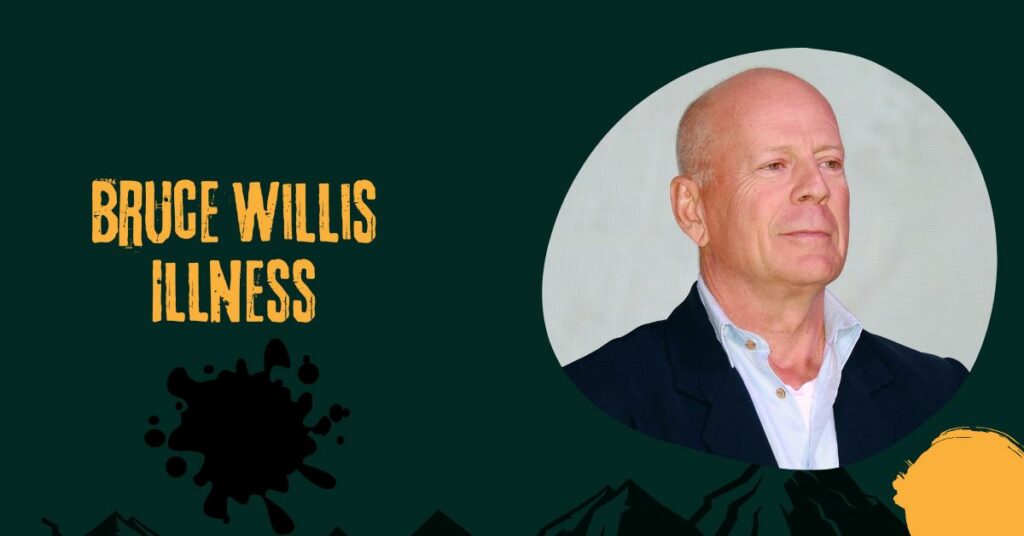The discovery of frontotemporal dementia in actor Bruce Willis has rekindled interest in the condition, whose signs include modifications in behaviour, language, and communication.
Willis’ family, including ex-wife Demi Moore, stated on Thursday that his frontotemporal dementia diagnosis, which the family first revealed in March, had advanced. Willis is 67 years old.
A group of conditions known as frontotemporal dementia, or FTD, typically affect the frontal and temporal lobes of the brain. The illnesses included in this classification are neurodegenerative, which means they deteriorate with time.
Dr Paul Barton Rosenberg, a professor of psychiatry and behavioural sciences at the Johns Hopkins School of Medicine, says there are typically two sub-diagnoses.
The Willis family stated on Thursday that “unfortunately, challenges with communication are just one symptom of the disease Bruce faces.” The “Ladies of Willis/Moore” family posted on Instagram, saying, “While this is painful, it is a relief to finally have a clear diagnosis.”
Bruce Willis Illness
A buildup of proteins in the brain, which can harm and decrease the frontal and temporal lobes, causes frontotemporal dementia.
By Dr. Gregg Day, a neurologist at the Mayo Clinic campus in Florida, these brain parts are connected to personality, conduct, and language. Thus, the symptoms of a specific case of FTD vary depending on which area is most afflicted.
Other signs and symptoms include abnormal motor functions, such as issues with balance, eyesight, or moving one side of the body. Overall, Day noted it might be challenging for patients to distinguish between behavioural symptoms of FTD and those of psychiatric disorders.
If you are interested in knowing more about our other news updates, read here:
- Dick Vitale Illness: Legend Vitale’s Inspiring Health Comeback
- Lexie Brown Illness: An Update on Her Inspiring Health Progress
The Die Hard actor has frontotemporal dementia (FTD), according to the family. “While this is painful, it is a relief to finally have a clear diagnosis,” the statement continued.
“Today there are no treatments for the disease, a reality that we hope can change in the years ahead. As Bruce’s condition advances, we hope that any media attention can be focused on shining a light on this disease that needs far more awareness and research,” the family said, expressing their gratitude for “continued compassion, understanding, and respect” the fans showed.
We hope this article will satisfy your needs and that you will enjoy it. If you found this post helpful, kindly comment in the area below. We appreciate your support and hope you continue to see our articles as informative and helpful.

